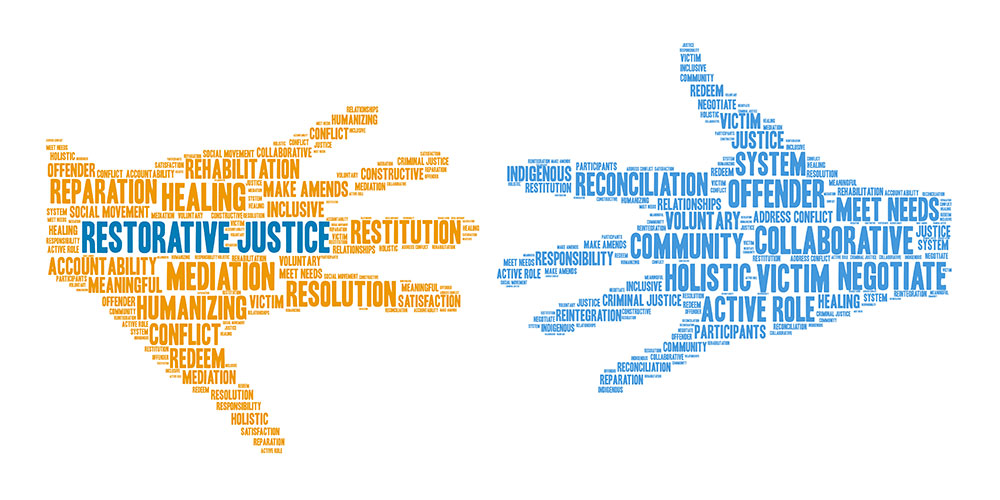RICHMOND, Va. — One of the eleven men charged in connection with the hazing death of a Virginia Commonwealth University (VCU) student will participate in restorative justice programs as part of his sentencing.
On Feb. 27, 2021, 19-year-old Adam Oakes was found dead on the dining room floor of an off-campus house after accepting a bid to join the Delta Chi Fraternity chapter, reports WTVR. Oakes’ cause of death was determined to be alcohol poisoning. At the time of his death, his blood alcohol content was .42 — nearly five times the limit for legal impairment.
Andrew White, 23, was Oakes’ “big brother” at the fraternity and was responsible for him during the night of his death, according to Assistant Commonwealth’s Attorney Alison Martin.
In December, White pled guilty to misdemeanor charges of unlawful hazing and purchasing alcohol for a minor. He was originally sentenced to two years in the Richmond City Justice Center but his sentence was suspended as part of an agreement with the state and in consultation with the Oakes family, according to VPM.
As part of the plea agreement, White will serve probation, perform 100 hours of community service, and meet with the Oakes family for a conversation. The family wants a clearer picture of what happened the night of Adam’s death, Richmond Times-Dispatch reports. White will also speak at five hazing prevention events for the Love Like Adam Foundation, which was created by the Oakes family to educate students and the community about the dangers of hazing.
Courtney White, Adam’s cousin, said the sentence provides White an opportunity to support the systemic changes the Oakes family is trying to make.
While the family agreed to leniency toward White, it is pushing for a harsher penalty for hazing by attempting to change it to a Class 5 felony, which is punishable by up to 10 years in prison. The family said it would hold more students accountable and deter hazing.
“It isn’t about putting kids in jail,” Courtney said. “It’s about educating them about hazing and giving them the power and the knowledge to say no and not be bystanders to this behavior.”
Richmond Commonwealth’s Attorney Colette McEachin said restorative justice has been used in Richmond’s juvenile court but it is a new solution for the city’s adult cases. McEachin hopes it will become more common.
“I think its principles of recognizing the unique harm to a particular victim and offender accountability are applicable to a variety of charges that might otherwise result in incarceration,” she said.
During Tuesday’s hearing, White spoke publicly for the first time about his involvement. He acknowledged that the pair shared a handle of Jack Daniels but he did not say whether he pressured Oakes to drink. He said Oakes was never shamed, demeaned or maltreated.
White said when he learned about Oakes’ death, he felt a “10-ton weight” on his chest and had issues sleeping. His lawyer, Stephen Mutnick, said he attended a Mothers Against Drunk Driving victim impact panel and began volunteering for Loudoun County’s Department of Parks, Recreation and Community Services.
“I want you to know I’m deeply sorry,” he said to the family. “I think about him every day.”
The change in sentencing comes just one day after the General Assembly passed “Adam’s Law,” which requires student groups at Virginia colleges and universities to take hazing prevention training.
Ten other members of the Delta Chi fraternity, which has since been suspended from VCU, are still facing charges. Four of the defendants have trials scheduled for later this year. White’s case is the first to be resolved.













